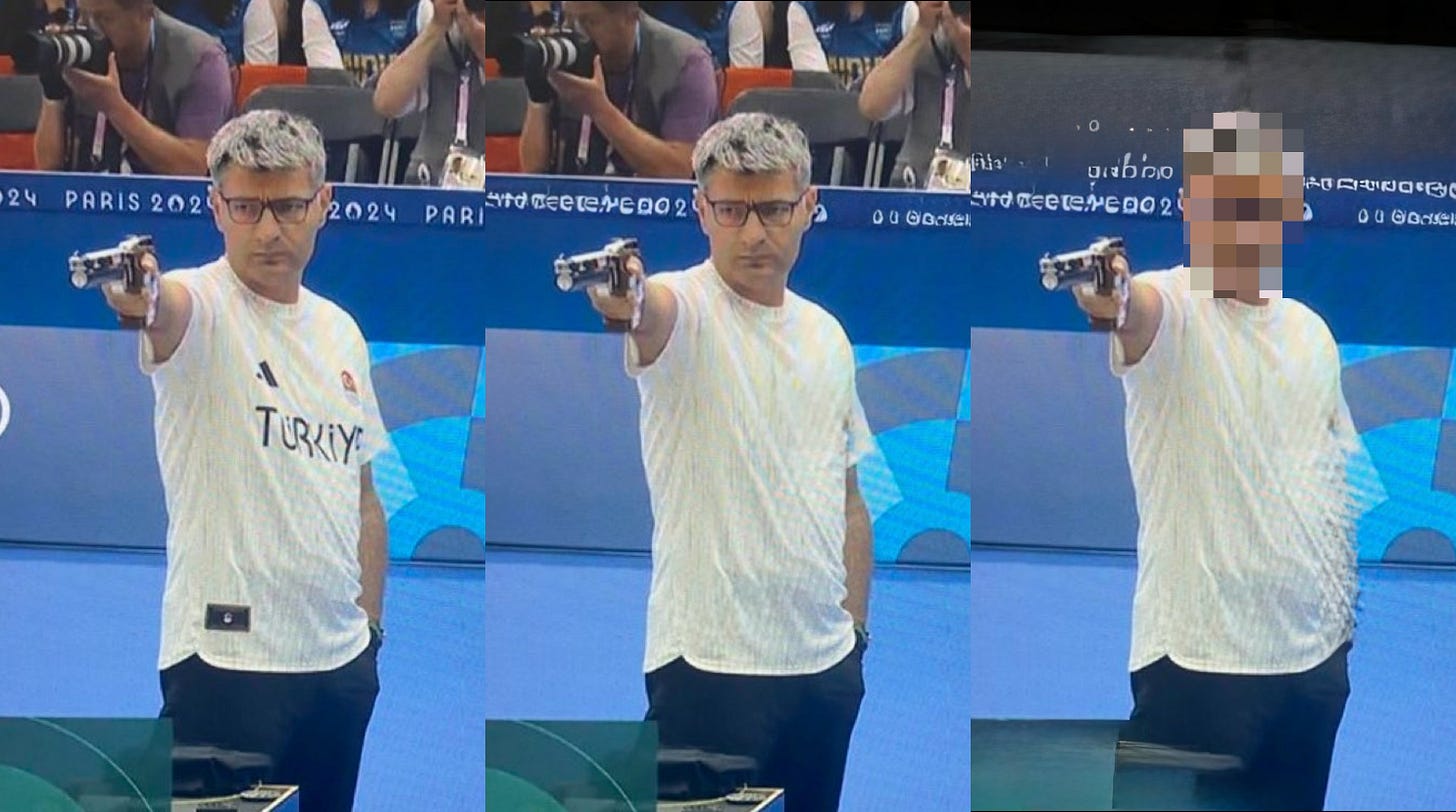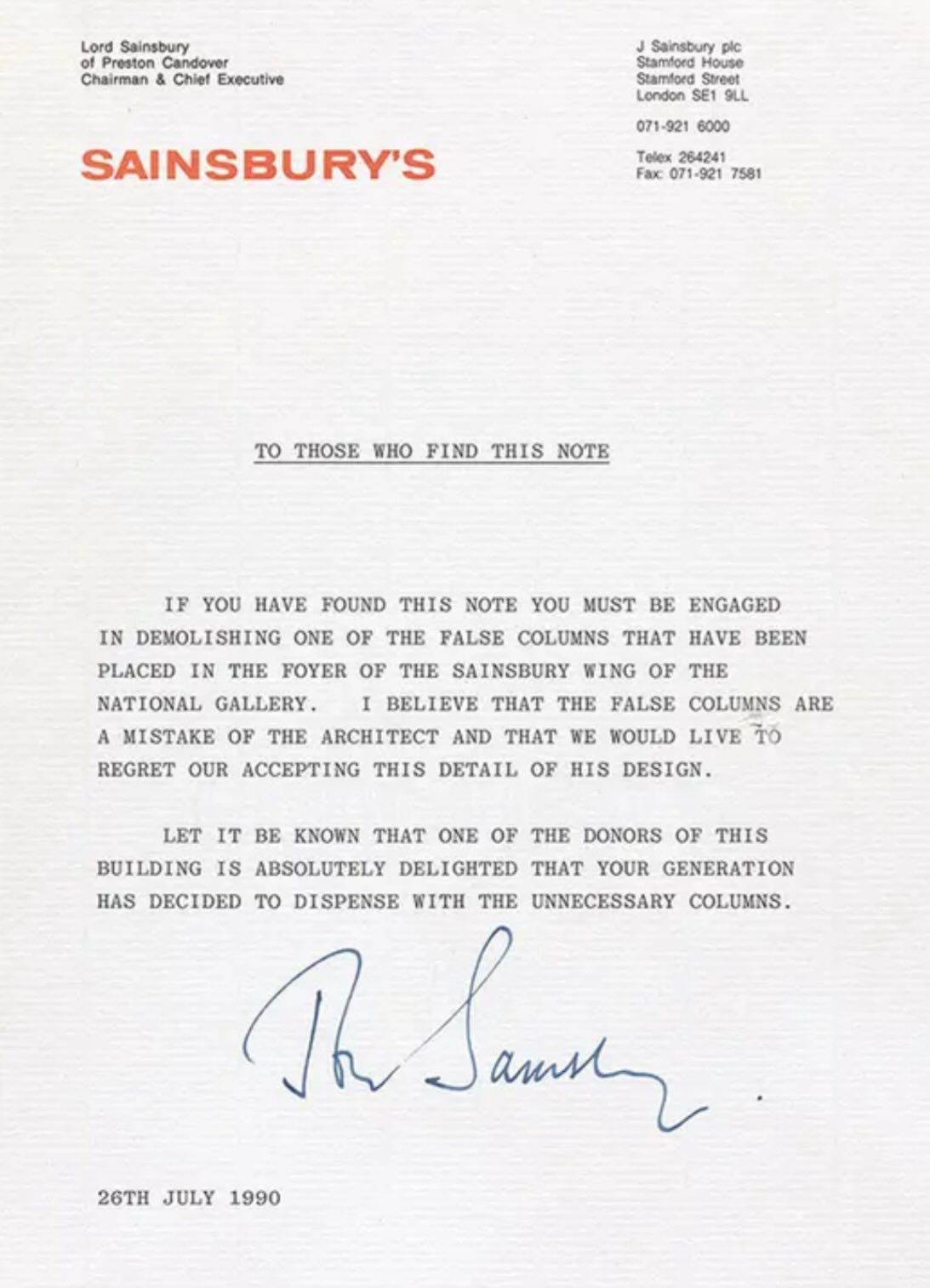Fans no longer follow teams, they follow players
Creatives are going out on their own to build their own brands.
Programming note: We’re taking next week to have a break and to work on a new publishing structure. Our next issue will be on Thursday September 12, 2024. Happy Labor Day, Y’all!
A few days ago, Becca Farsace posted a video on her YouTube channel announcing that she had left The Verge and gave her reasons for doing so.
I have huge respect for Becca and it was a privilege to work with her. She is a huge creative talent, and I am excited to see her take this step. I found her video incredibly moving, especially the part where she outlined the negative impact COVID-19 had on her.
As an Old, I personally love working remotely. I live in a bucolic little Connecticut down a couple of hours away from the hubbub of New York and rarely need to go into the city these days.
But Becca’s video drove home how privileged I am. She makes it poignantly clear just how hard it was for her and the younger generation of creatives who suddenly found themselves working in isolation from their colleagues, alone in their kitchens and bedrooms—often in tiny apartments. Becca drives the point home that remote work has had lasting effects on those who need to collaborate in person, and she reminded me that I need to be more cognizant of that fact.
Her video also reminded me of the many other video creators I have seen leave The Verge and Vox Media to strike out on their own: Brian David Gilbert, whom I genuinely consider one of the most creative people I have ever met, left Polygon at the end of 2020 to go independent and has well over a million followers on his YouTube channel—Beautiful Mind, his collaboration with Tom Cardy is a work of utter genius, not to mention his myriad other projects too. Cleo Abram, who presented the Vox dot com show on Quibi (RIP), now has her own YouTube channel with over 3.5 million subscribers—her video with the Red Bull F1 team shows just how much access and power individual creators have today, and deservedly so. And Joss Fong, the former mainstay of the Vox dot com YouTube channel, recently launched her own YouTube channel, Howtown, with Adam Cole.
I have written before about how I see the trend in sports of younger people moving away from following teams to following individual players as an incredibly apt metaphor for what’s happening in media: video creators like Becca, and journalists like Casey Newtown (also ex-Verge), even Ross and I, building their own micro-media companies or YouTube channels, and finding audiences outside a larger, more established publication or conglomerate. Of course, many independent creators like MKBHD already command audiences that many corporate-powered media brands can only dream of. But I truly hope that creators like Becca experience the same level of influence and success as some of her other ex-Vox Media colleagues.
You should all like and subscribe to them all. —James
What else we’ve read
“Apple’s huge ‘dual use’ face swap app problem Is not going away”
When I read this well-researched but deeply disturbing report from Emanuel Maiberg at 404 Media, my immediate thought was that maybe we should just shut this whole AI thing down and forget it ever existed. That it’s this simple to create deepfake porn using an app that was easily available on Apple’s app store is truly alarming. To quote Mailberg:
I tested the app and found that, for users willing to pay a subscription fee of $20 a month, it makes it incredibly easy to generate non consensual deepfake porn of anyone. All I had to do was provide one image of the person I wanted to deepfake, and use an in-app internet browser to navigate to the video I wanted them to appear in. As the ad I saw on Reddit suggested, when I navigated to a specific Pornhub video, the app automatically pulled the video and created deepfake porn of the person in the image I provided. The entire process, from the moment I saw the ad on one of the most popular websites in the world to the completed deepfake video, took about five minutes, and created a highly convincing result.
As a result of Maiberg’s questions to Apple about the app, Apple has since deleted it from the store. However, they didn’t respond to his questions about the dangerous dual use of these “face swap” apps. The issue seems to be that these apps aren’t technically marketed to create deepfake porn, so they don’t technically contravene Apple’s Terms and Conditions specifically—a loophole that Mailberg points out applies to Google’s app store too. If that’s the case, maybe both Apple and Google need to update their T&Cs, or maybe it would be easier to burn this whole GenAI thing to the ground once and for all. —James
A neural model runs Doom
Chalk up another milestone for the "Will it run Doom?" crowd. Google researchers have created what they're calling "the first game engine powered entirely by a neural model" and have published a research paper and gameplay footage you can see for yourself (via VentureBeat). This diffusion model, dubbed GameNGen, runs on a single TPU (Google's AI chip) and can simulate Doom at 20 frames per second via an augmented version of Stable Diffusion 1.4. The researchers note this is a first step and that their ambition is to create a new way of creating games without as much programming involved — “whereby games could be developed and edited via textual descriptions or examples images.” Which isn’t the first time we’ve heard that applied to what AI could do, to be sure. —Ross
“strawberry man’s tweets were starting to freak me out.”
I love John Herrman's writing, and his latest look at the AI-obsessed class is utterly fascinating. Sure, there's probably some schadenfreude to be had here, but there's a very humanizing element to all this:
The fundamental claim here — that AI systems that can talk like people, sound like people, and look like people might be able to fool or manipulate actual people — is fairly uncontroversial. Likewise, it’s reasonable to assume, and worry, that comprehensively anthropomorphized products like ChatGPT might cynically or inadvertently exploit users’ willingness to personify them in harmful ways. As possible triggers for latent mental illness, it would be difficult to come up with something more on the nose than machines that pretend to be humans created by people who talk in riddles about the apocalypse.
More Apple Intelligence in the latest iOS developer beta
Apple has been slowly adding AI features to its pseudo-public iOS developer beta, and with iOS 18.1 Beta 3, you can now “Clean Up” photos to remove unwanted elements with the scrub of a finger, not entirely unlike Google’s Magic Eraser feature. And similar to those other AI-assisted removal tools, Clean Up works “best” on smaller elements — a table smudge here or an errant can of soda there — but the chaos of highlighting large sections just to see how the model breaks is wonderful in its own way. Plus it works on any photo, not just those taken by the iPhone camera. Have fun. —Ross
Lest we forget, Megalopolis
The “AI angle” to the Megalopolis trailer’s fake movie quote controversy happened just hours after we published our last Friday issue, and while the news cycle has moved past it, I’d be remiss not to give this story one more nod. To recap: the most recent Megalopolis trailer used a series of negative reviews to show Francis Ford Coppola’s now-classic films have a history of being dismissed when they were launched. Only… those quotes were entirely made up. It turns out someone used ChatGPT to do the research and never bothered to fact check the AI-generated results. You’d be forgiven for thinking this is all an intentional play for headlines, but Lionsgate ended its 20-year partnership with the marketer involved. A sad fallout, but nonetheless, I can’t wait to actually see this damn thing in theaters now, so… mission failed successfully? —Ross
What we’ve watched
The Hunt for Red October
Apropos nothing, I recently decided to re-watch The Hunt for Red October for the umpteenth time and was instantly gripped. Besides Alec Baldwin and some of the other cast members looking so young, the film hasn’t dated at all. Sure, there are some clunky special effects here and there. But there are also some stunningly real-looking action scenes—a submarine breaching the surface is spectacular. But of course, it’s not the submarines but Sean Connery, as Captain Marko Ramius, who is the real centerpiece of the film. Connery gives a wonderfully understated performance, and I particularly respect his resolute refusal to use even a hint of a Russian accent. —James
Trap
I finally saw the latest M. Night movie, and yes, the memes were a big part of getting me into the theaters for this one. For all its faults—I'm not about to dispute the Rotten Tomatoes score here—the first hour of the film is an absolute joy to watch as Josh Hartnett fully commits to the role of a serial killer trying to figure out his escape from an insanely expensive and complicated police barricade (the “trap"), all the while having to keep up appearances as a loving dad surrounded by pseudo-Swifties at a concert. —Ross
Bad Monkey (Apple TV+)
As we near the end of Sunny (this week's episode was both sad and weird in equal measure), the third episode of Bad Monkey, starring Vince Vaughn, dropped. This show features Vince at his Vaughiest, a wisecracking police officer/private detective tracking down the story behind the severed arm he’s keeping in a cooler. The Florida and Bahama locations give the dark humor of the show a suitably sweaty and sleazy look and feel, and even though we’re only a few episodes in, I suspect that Apple TV+ has another winner on their hands. —James
What we’ve played
Peglin
Many, many years ago, there was a game called Peggle. Inspired by pachinko, the goal was to clear a bunch of on-screen pegs with an absurdly bouncy ball. The dopamine rush of a good Peggle shot—with all the satisfying and escalating symphony of sounds that come with that—is downright addictive. Peglin recaptures a lot of Peggle's sensory explosion, but instead of going for a high score, your shots go toward helping a little goblin buddy vanquish foes. The game just hit a major milestone and launched on Nintendo Switch (it's available on PC, iOS, and Android, too). —Ross
What we’ve listened to
Brian Eno
The Brian Eno Instrumental Essentials playlist on Apple Music has become my defacto work playlist. Eno’s music has the ability to exist in the background without ever becoming monotonous, clichéd, or trite—which is the label I would use to describe a lot of the ambient music I come across—nor so quiet and dull that it makes me feel sleepy. And sometimes it’s just weird, in a good way —James
Juicy J
Three 6 Mafia's Juicy J is a prolific producer whose influence in modern hip-hop sound can be heard all over (maybe not quite the 90% he claims, but it's a lot). His latest solo album, Ravenite Social Club, is a jazz/hip-hop hybrid that's big on instrumentation. I was surprised how much I enjoyed the first single, "To You," which will probably be an earworm for the entire holiday weekend. —Ross
Boygenius
Whatever the Swifty equivalent for being a fan of Boygenius is, I am one. I have been playing The Record on repeat for months. Though I’ve taken time to also work my way through some of Phoebe Bridgers, Lucy Dacus, and Julien Baker’s individual albums (I tend to gravitate towards Bridgers’ work out of the three) and have huge respect for each of them as solo artists, I genuinely believe their best music is when they play together. I know I'm far from being a typical Boygenius fan, but I don’t care. I love them. —James
What else we’ve loved
Tomatoes that become kittens
Just when you think that everything GenAI is awful and scary and bad, along comes a video of tomatoes turning into kittens and you’re reminded that there is also love in the world. —James
“Let it be known that one of the donors of this building is absolutely delighted that your generation has decided to dispense with the unnecessary columns."
Love, love, love the time-delayed pettiness of a major donor who hid this letter in a cement column that is now, mercifully for him, gone. —Ross








